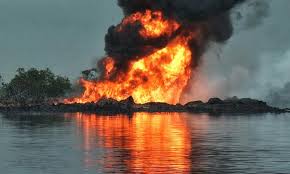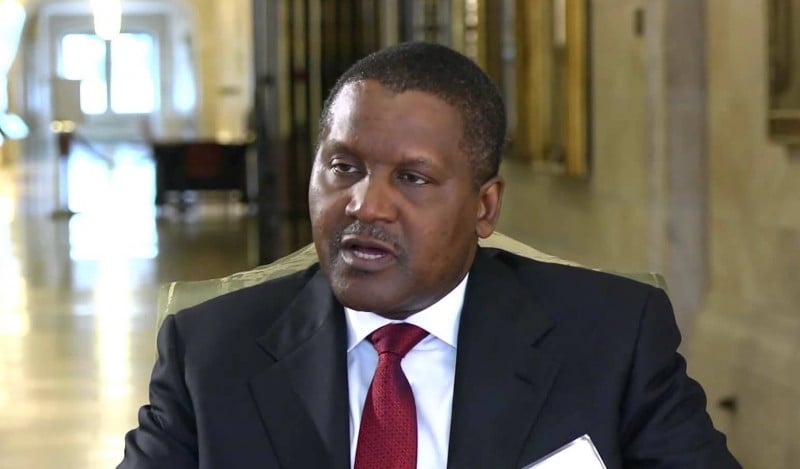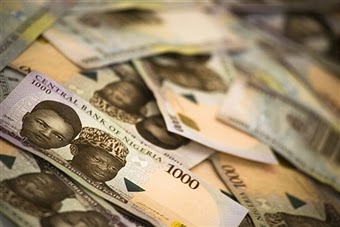Following the attack on Chevron Corp’s Okan oil facility, Nigeria’s oil output levels have officially fallen to 22-year low.
According to Chevron, the new damage on its facility has reduced its production levels by 90,000 barrels a day.
The company said the attack on an offshore platform that serves as a gathering point for production from several fields will affect its production levels for the days to come.
Even before that strike on Wednesday night, Nigerian oil production had fallen below 1.7 million barrels a day for the first time since 1994, according to data compiled by Bloomberg.
Advertisement
“This is some very, very sophisticated brazen attack. It is a resurgence of militancy. These guys don’t seem to be after money. They just want to frustrate the government,” Dolapo Oni, head of energy research at Ecobank Transnational Inc. told Bloomberg.
NEW CHALLENGE FOR 2016 BUDGET
The facility breached is coming at a time when Nigeria’s oil production levels is falling below the expectations of the country’s 2016 budget, as signed on Friday.
Advertisement
The budget will be facing a new challenge due to production cuts. The budget placed an oil benchmark of $38 per barrel with a production level of 2.2 million barrels per day.
In five months, Nigeria has produced about 400,000 barrels less than the set benchmark, and these figures may escalate to 600,000 barrels before the end of May, following the Okan facility shutdown.
Chevron said it shut down its Okan offshore facility after it was “breached by unknown persons” and had sent “resources to respond to a resulting spill.”
Okan facility, which feeds crude and gas into Escravos, one of the country’s largest export facilities, is jointly owned by the US company and the Nigeria National Petroleum Corporation (NNPC).
Advertisement
The attack was claimed by a group of militants calling itself the Niger Delta Avengers. The federal government said on Friday that it was ready for negotiations.
The International Energy Agency (IEA) said in April that Nigeria could lose an estimated $1 billion in revenue by May, when it expects repairs on Forcados to be completed.
Ibe Kachikwu, minister of state for petroleum resources, said in April that the Forcados terminal may not restart until June.
Chevron is the third-largest oil producer in Nigeria and one of its largest investors.
Advertisement
Add a comment







